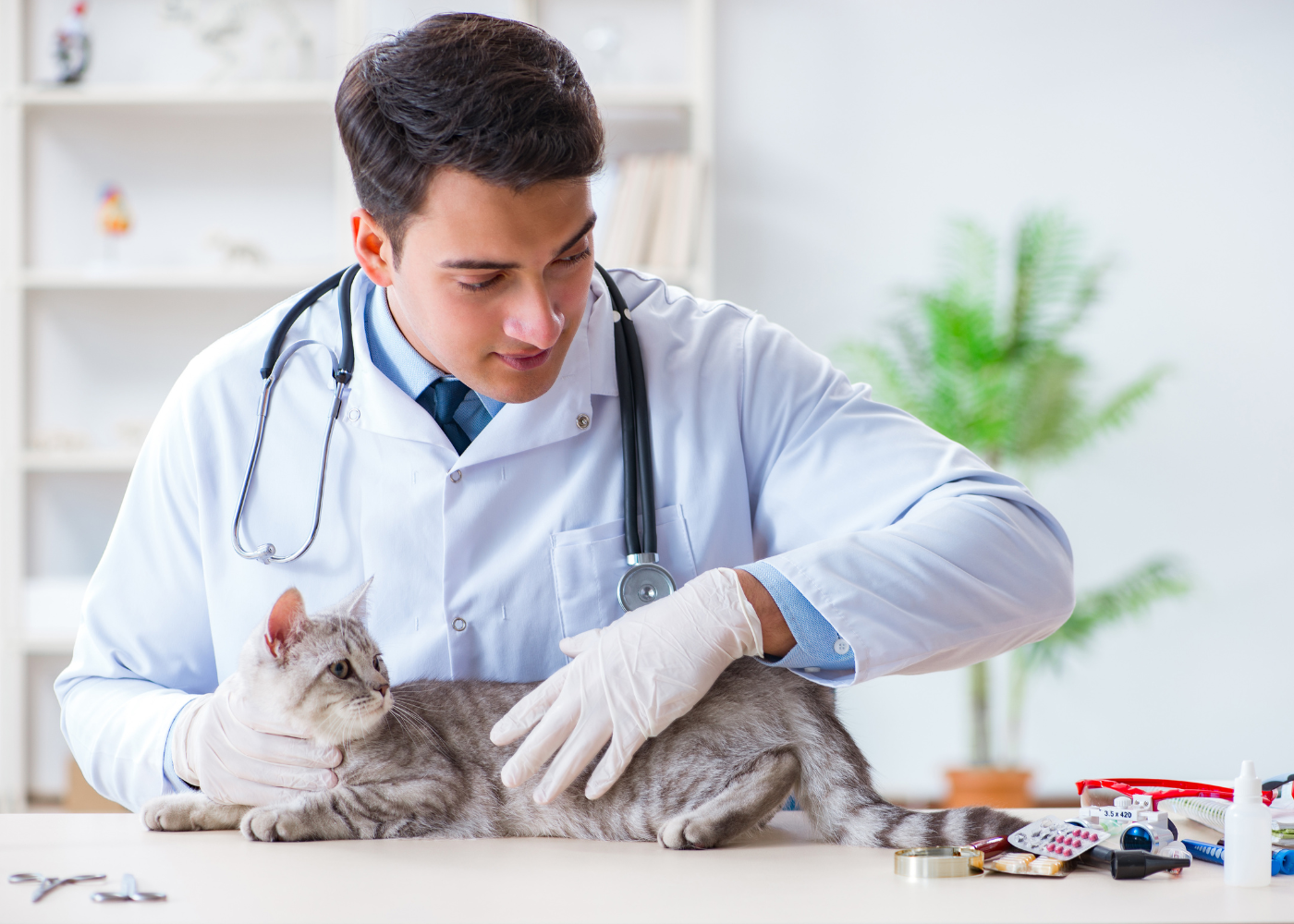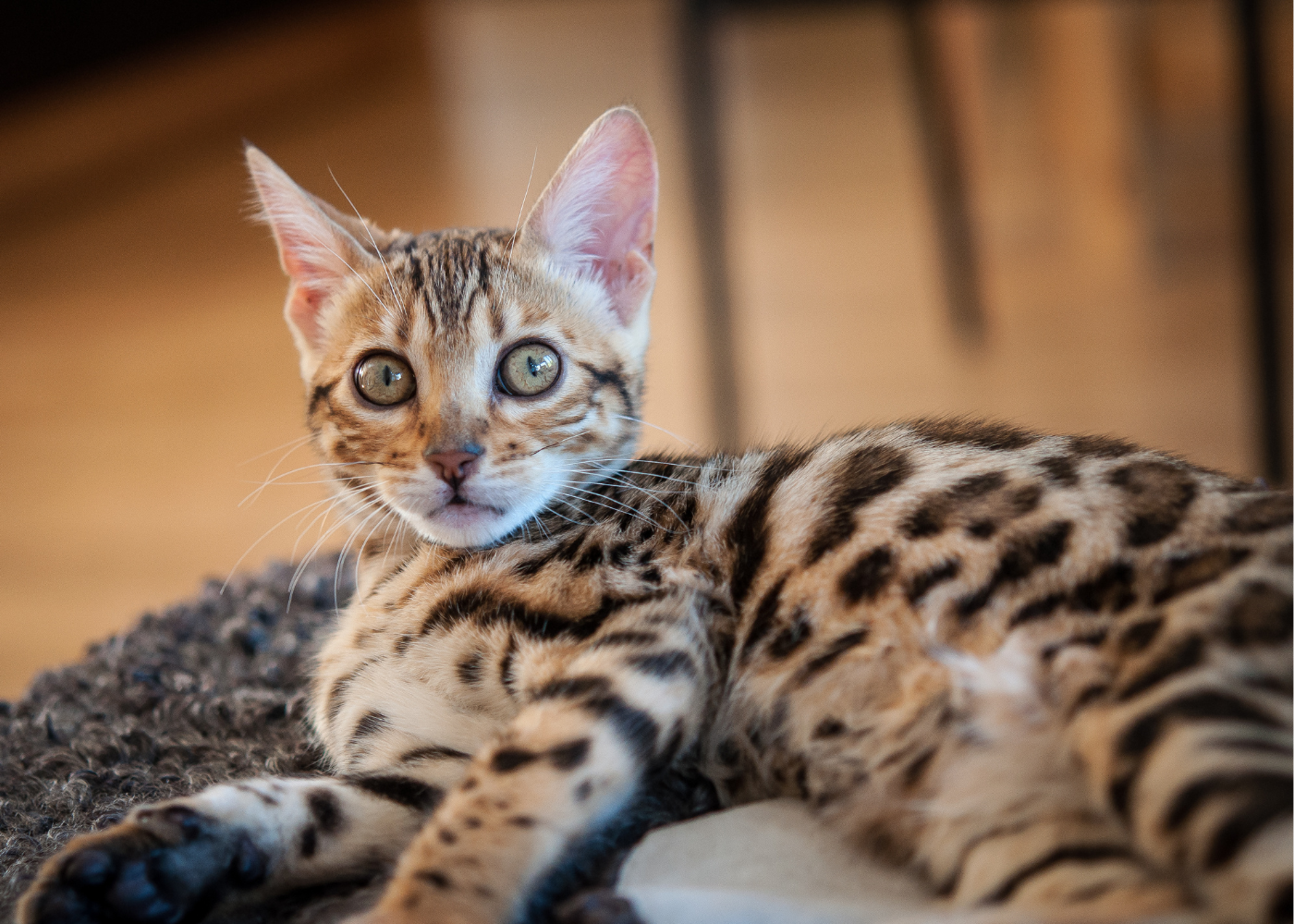Vaccinating cats is something that every cat owner must do. If you're having a hard time getting your cat vaccinated, this article is for you. The article will provide necessary information about vaccination for cats. Follow up now!
1. Why is it necessary to vaccinate cats?
Cats or any other animal can transmit infectious diseases. When infected, the mildest case will negatively affect the cat's health. Worse, the cat will be at risk of death. Even some diseases like rabies can be transmitted and cause harm to humans through scratches and bites. These are things that pet owners don't want to happen.
Some diseases are difficult to treat and have a high mortality rate in cats such as: Leukopenia; infectious rhinotracheitis; Herpevirus respiratory disease;… Once a cat has one of these diseases and has not been vaccinated, it will certainly be difficult to treat.
Vaccinations help kittens' immune systems to be fully developed. At birth, kittens are nourished and protected by the mother's good antibodies. However, 2-month-old kittens will wean and become independent by producing their own antibodies. This is the period when the cat learns to adapt to the environment, plus the immune system is still weak, so it will be susceptible to infectious diseases. If the kitten becomes very ill at this stage, it will most likely die.
.png) |
| Unvaccinated cats are very susceptible to dangerous diseases |
2. How to vaccinate cats?
The vaccination schedule and dosage required vary depending on the age of the cat. Cats are not always vaccinated, and not all vaccines need to be vaccinated. So you need to consider carefully and consult your veterinarian before injecting them!
2.1. Vaccinations for cats
There are two types of vaccines for cats:
Vaccines to be injected: Rabies vaccine; Vaccination against leukopenia; Vaccines against Infectious Rhinitis - Tracheitis and Herpevirus Respiratory Disease Vaccine.
Vaccines should be given: Vaccinate against leukemia virus, immunodeficiency virus, Bordetella, Chlamydophila (virus that causes eye inflammation leading to conjunctivitis).
2.2. Vaccination schedule for cats
Cats need to be vaccinated as soon as possible. Kittens should be vaccinated at 6 to 8 weeks of age and should have a booster shot every 3 to 4 weeks.
Here are the timelines and vaccines that you should give your cat:
- Cats from 6-8 weeks old: General vaccinations
- Cats from 10 weeks of age: Combination vaccine, alveolar septum (if needed)
- Cats from 12 weeks of age: Rabies vaccine (age for vaccination may vary depending on local laws)
- Cats from 13 weeks of age: Combination vaccine, alveolar septum vaccine, leukemia vaccine.
- Cats 16-19 weeks old: Combination vaccine; leukemia vaccine.
- Adult cats: Combination vaccine, alveolar septum vaccine, leukemia vaccine, rabies vaccine.
Combination vaccines include cough virus, nasopharyngitis virus, and calcium virus. Some may include strains of Chlamydophila.
 |
| Cats need different vaccines |
3. Price of vaccination for cats
The price of the vaccine will depend on the area where the vaccine is given and the type of vaccine you choose to give. The specific prices of some vaccines on the market today are:
- Vaccine against 4 diseases PUREVAX RCPCh: price $351.36
- Vaccine against 4 diseases for cats NOBIVAC 1-HCPCh: price $99.99
- Zoetis' Felocell vaccine: price $157.99
- Rabies vaccine RABISIN: price $ 418.48
- Zoetis Infectious Peritonitis Vaccine (Primucell FIP): $900.99
(Vaccines prevent 4 diseases for cats including: Infectious Rhinitis - Tracheobronchitis, Calicivirus Disease, Leukopenia and Chlamydia Bacterial Disease)
Currently, the most popular vaccine on the market is still the French PUREVAX line due to fewer side effects than other vaccines.
4. Where should cats be vaccinated?
Currently, Sen will have many options when vaccinating cats: At home or at medical facilities, pet care centers ...
Vaccination for cats requires intramuscular and subcutaneous injection techniques. Therefore, you should only inject yourself at home when you know how to inject! In addition, keeping the vaccine at home is also an important issue when vaccinating cats.
It is best to bring your cat to a veterinary hospital for injections. Your veterinarian will advise you on the type of vaccine, dosage, and injection precautions. At the same time, the vaccination will be done by professionals, so you can rest assured!
.png) |
| It is best to take the cat to specialized medical facilities |
5. Important note when vaccinating cats
- Only vaccinate cats with good health, no signs of fatigue, anorexia, illness, fever...
- Vaccines must be stored properly: Temperature 2-8 degrees Celsius, do not expose to direct sunlight, do not freeze.
- Deworm your cat 10 days before vaccination to get the best effect
- Do not bathe cats after vaccination because at this time their immune system is in disorder, so it is easy to get sick.
- Vaccination does not mean 100% disease prevention. Vaccines only work to increase the immunity of cats.
Above is all the important information about vaccination for cats that we send to you. Hopefully with the above information, you will make the most accurate cat vaccination. Always take good care of your pet!





.png)